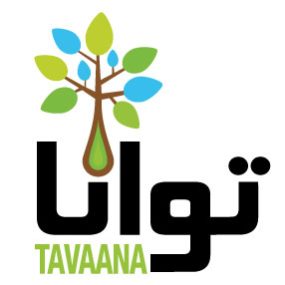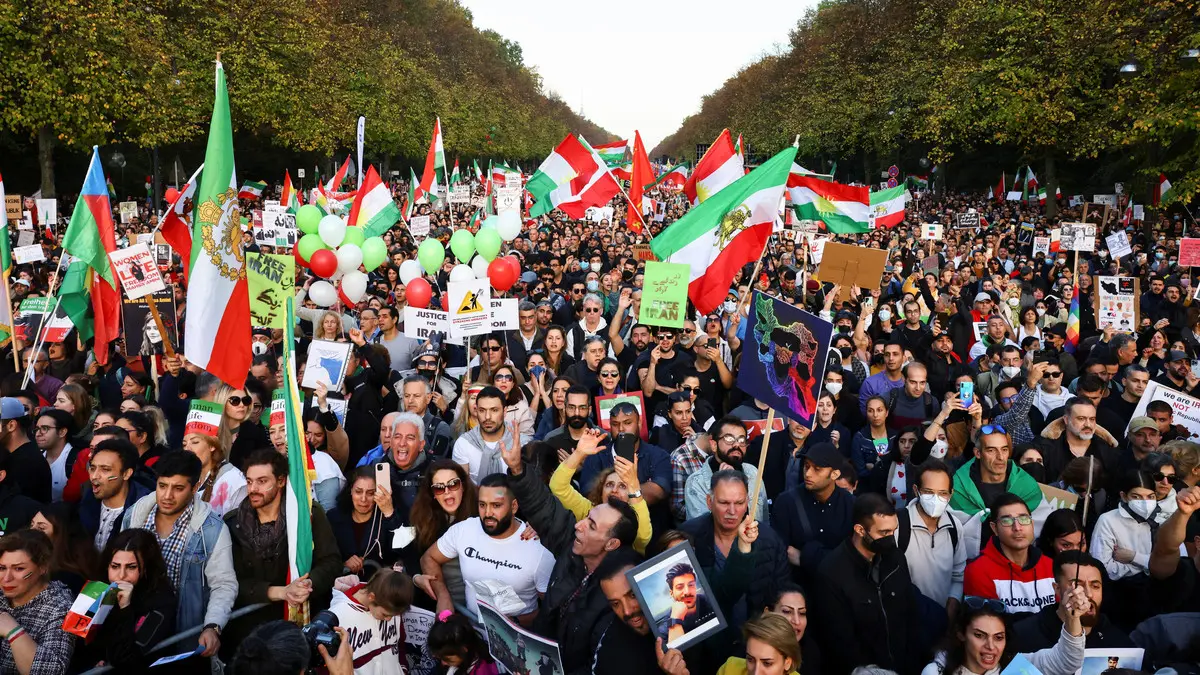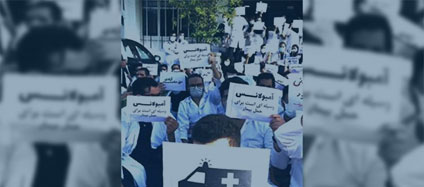To Islamic studies scholars, intellectuals, jurists, freedom seekers, and the general public, with respect,
Freedom, human rights, and individual self-determination belong to women as much as they are the rights of men and should be accordingly recognized. Under this religious government, women have paid a significant toll for their basic rights. Women in Iran not only suffer from discriminatory laws and many restrictions, but they are also systematically harassed mentally and physically. The Islamic Republic is attempting to impose its discriminatory rules and policies of clothing on them, using all available coercive measures.
In many public spaces, including the Faculty of Theology at Tehran University, where I have been studying and teaching for about 12 years, women face numerous painful and infuriating discriminations. They are compelled to adhere to the strict policies of the Islamic Republic, covering their bodies from head to toe and even wearing chadors. As an expert in Islamic jurisprudence and science, and as a woman deeply affected by the existing policies and laws against women, I have raised this issue with authorities. Their response has consistently been that it is a rule that cannot be disobeyed. I oppose these rules and procedures unilaterally and arbitrarily imposed by men against women.
Women have been compelled to wear dark-colored wimples, manteaus, and trousers just to assert their basic rights. They faced threats from special police agents if they dared to defy this dress code. By toeing the line of dictatorship, government agents were authorized to degrade women’s dignity through disrespectful notices and behavior. Over the decades, Iranian citizens have witnessed countless horrific scenes of women being battered and humiliated in public spaces, forcibly taken into custody by police special units. Many women endured the pain of being whipped, while their families suffered irreparable emotional distress with them.
The peaceful resistance of women against this systemic oppression has evolved into the birth of the pervasive Woman, Life, Freedom movement.
Enduring 45 years of living under Sharia law, which the author views as nothing more than old traditions, alongside the extreme jurisprudence of the Islamic Republic, has led many Iranians to the inevitable conclusion that religion must be detached from the government. Undoubtedly, such separation is imperative for the nation to reclaim sovereignty over its own destiny.
Women in Iran, and across [other] Islamic societies, struggle with the pervasive influence of old traditions imposed om them via God and Islam. Forging a path towards freedom, equality, and democracy in the Islamic world necessitates a fundamental intellectual shift and the emancipation of human identity and rights from the dictates of religion.
The apathy of civil society and intellectuals towards the plight of women has enabled the government to further invade every aspect of women’s lives.
I respectfully urge Islamic studies scholars, jurists, freedom seekers, and the general public to critically examine the behavior of the Islamic Republic towards women, and if found to be irrational, illegitimate, and inhumane, I implore you to condemn such actions. By doing so, we can lay the basis for the liberation of women in Iran and, ultimately, in the Islamic world from [that] harsh and oppressive domination, and pave the way for equality and democracy.







